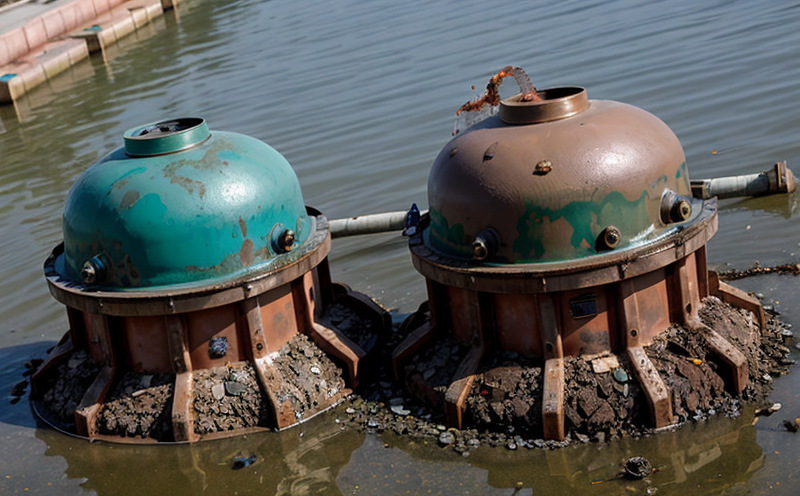ISO 10271 Corrosion Testing of Dental Alloys
The ISO 10271 standard provides a comprehensive framework for evaluating the resistance of dental alloys to corrosion. This test is particularly crucial in the dental industry, where the integrity and longevity of materials directly impact patient health and satisfaction. Dental alloys are often exposed to harsh environmental conditions, including saliva, mouth fluids, and oral bacteria, which can lead to degradation over time.
The ISO 10271 procedure involves several key steps: specimen preparation, immersion in a standardized solution for a specified duration, visual inspection, and quantitative assessment using various methods. This robust testing ensures that dental alloys meet stringent quality standards before being used in medical devices or implants. The test results are critical for manufacturers to ensure their products comply with international regulations.
The standard is widely recognized and adopted by global regulatory bodies such as the Food and Drug Administration (FDA) and European Commission. Compliance with ISO 10271 not only enhances product safety but also fosters consumer confidence, a vital aspect in the dental industry where trust is paramount.
Our laboratory adheres strictly to the ISO 10271 protocol, ensuring accurate and reliable test results. We use state-of-the-art facilities equipped with high-precision instruments to conduct these tests. Our team of experts ensures that every step of the process is meticulously followed, from sample preparation to final analysis.
By choosing our laboratory for ISO 10271 testing, clients can rest assured that their products meet the highest industry standards. This test is not only essential for new product development but also crucial for ongoing quality assurance and compliance with international regulations.
Why Choose This Test
The ISO 10271 test offers several advantages that make it indispensable for dental manufacturers:
Enhanced Product Safety: By ensuring alloys are resistant to corrosion, the risk of product failure is minimized. This protects both patients and manufacturers from potential legal and reputational risks.
Informed Decision-Making: The results provide valuable insights into material performance under specific conditions. This data can be used for optimizing alloy compositions or improving manufacturing processes.
Regulatory Compliance: Adherence to international standards is crucial for market access and regulatory approval. ISO 10271 testing ensures that products meet the necessary requirements, streamlining the approval process.
Patient Trust: Ensuring product safety instills confidence in patients, leading to better acceptance of dental devices. This can enhance brand loyalty and customer satisfaction.
Quality and Reliability Assurance
The ISO 10271 test is a cornerstone of quality assurance for dental alloys. It ensures that materials are robust enough to withstand the rigors of everyday use in oral environments. The process involves multiple stages, each critical to achieving accurate results:
Specimen Preparation: This involves cleaning and conditioning samples to a standard state before testing.
Immersion: Samples are immersed in a standardized solution designed to simulate oral conditions. The duration varies depending on the alloy type.
Visual Inspection: After immersion, samples undergo detailed visual inspection for any signs of corrosion or degradation.
Quantitative Analysis: Advanced techniques such as weight loss measurement and surface analysis are employed to provide quantitative data on material integrity.
The combination of these stages ensures that the test results are both reliable and repeatable. Our laboratory maintains strict quality control measures throughout the process, ensuring consistent accuracy in every test conducted.
Use Cases and Application Examples
| Dental Alloy Type | Test Conditions | Main Use Case |
|---|---|---|
| Cobalt-chromium alloy | Immersion in 0.9% saline solution for 7 days | Making crowns and bridges |
| Nickel-titanium alloy | Simulated mouth fluid immersion for 14 days | Manufacture of orthodontic wires |
| Dental Alloy Type | Main Use Case | Test Duration |
|---|---|---|
| Titanium alloy | Implant manufacturing | 28 days in simulated mouth fluid |
| Zirconia-based ceramics | Crowns and implants | 14 days in 0.9% saline solution |





